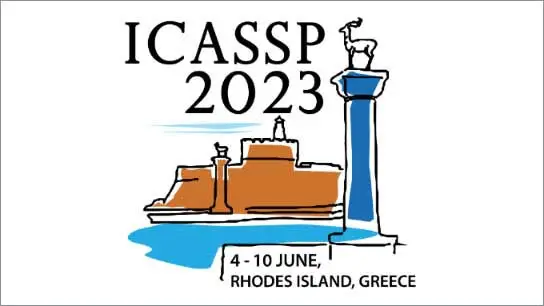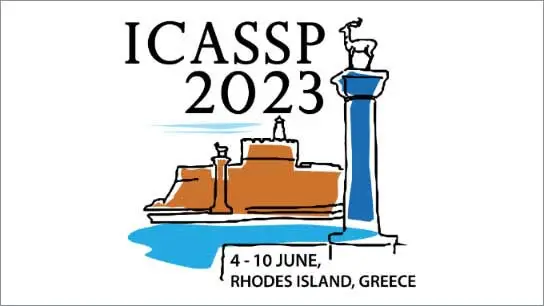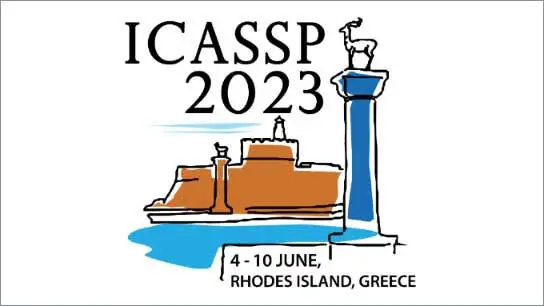Reducing the gap between streaming and non-streaming Transducer-based ASR models by adaptive two-stage knowledge distillation
Haitao Tang (iFlytek Research); Yu Fu (Zhejiang University); Lei Sun (iFlytek Research); Jiabin Xue (Harbin Institute of Technology); Dan Liu (iFLYTEK Co., LTD.,); Yongchao Li (iFlytek Research); Zhiqiang Ma (iFlytek Research); Minghui Wu (iFlytek Research); Jia Pan (iFlytek Research); Genshun Wan (iFlytek Research); Ming'en Zhao (iFlytek Research)
-
Members: FreeSPS
IEEE Members: $11.00
Non-members: $15.00
06 Jun 2023
Transducer is one of the mainstream frameworks for streaming speech recognition. There is a performance gap between the streaming and non-streaming transducer models due to limited context. To reduce this gap, an effective way is to ensure that their hidden and output distributions are consistent, which can be achieved by hierarchical knowledge distillation. But it is difficult to ensure the distribution consistency simultaneously since the learning of the output distribution is depended on the hidden one. In this paper, we propose an adaptive two-stage knowledge distillation method. In the former stage, we learn hidden representation with full context by applying mean square error loss function. In the latter stage, we design a power transformation based adaptive smoothness method to learn stable output distribution. It achieved 19% relative reduction in word error rate, and a faster response for the first token compared with the original streaming model in LibriSpeech corpus.



